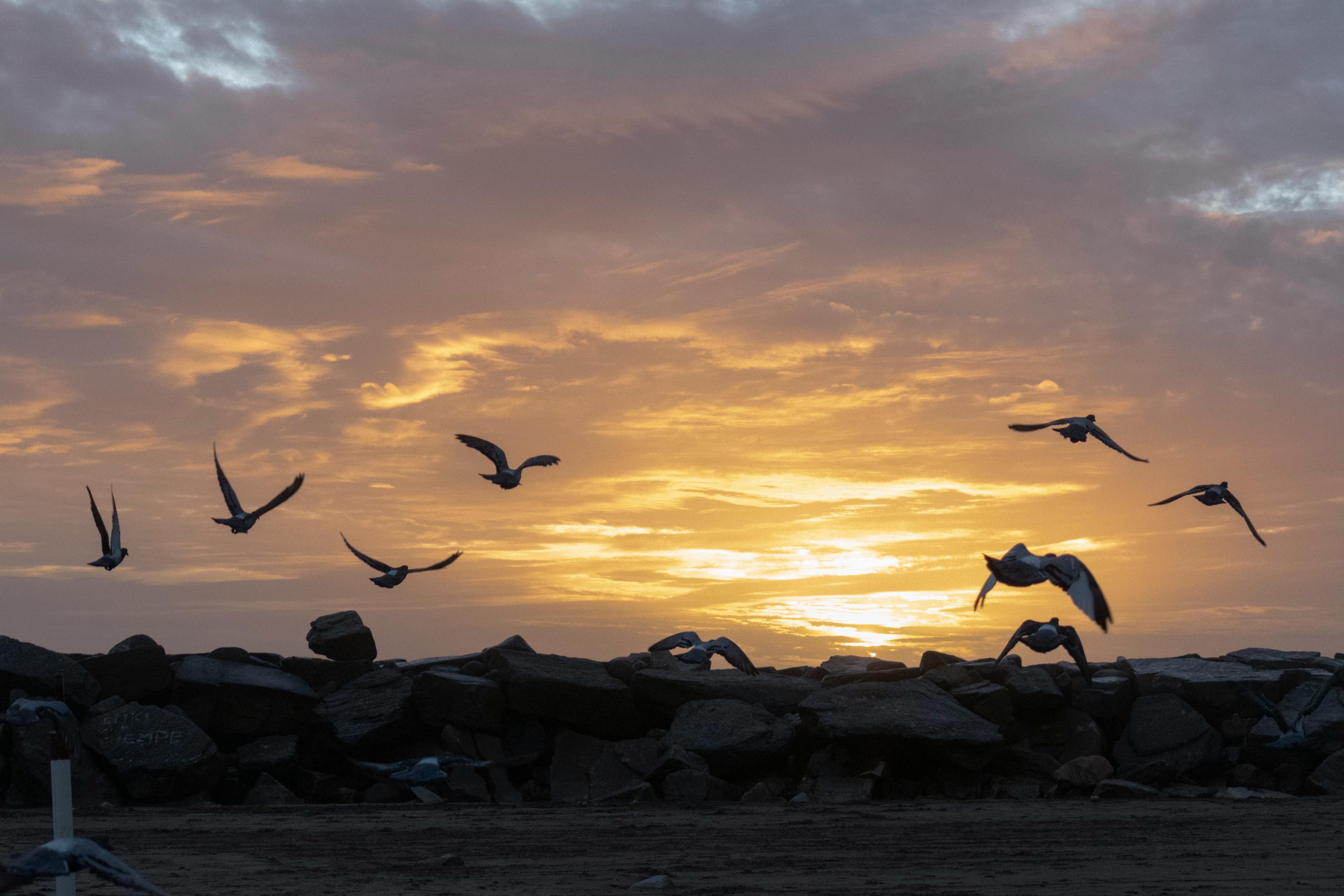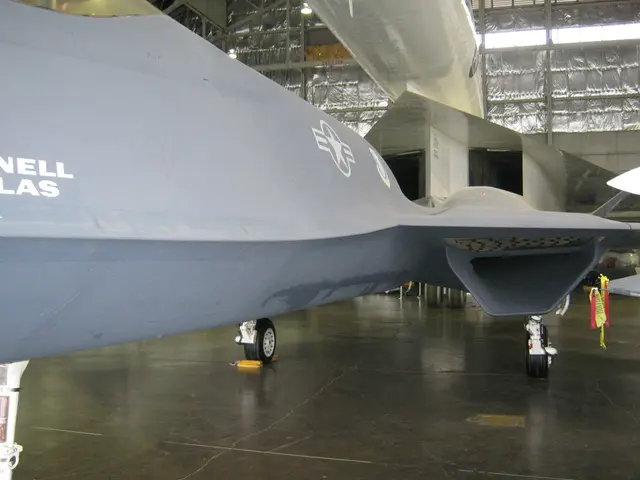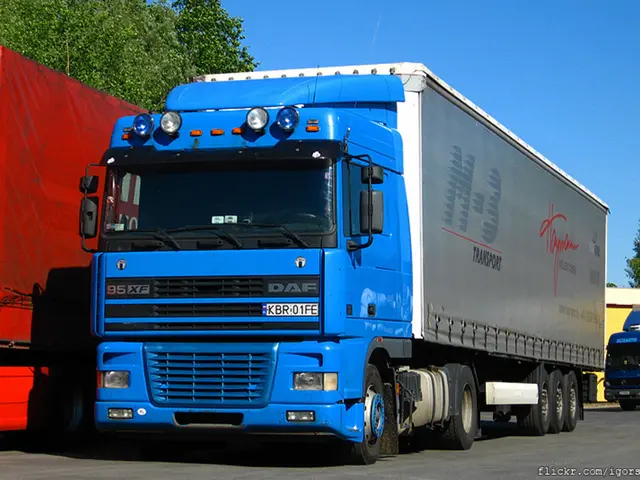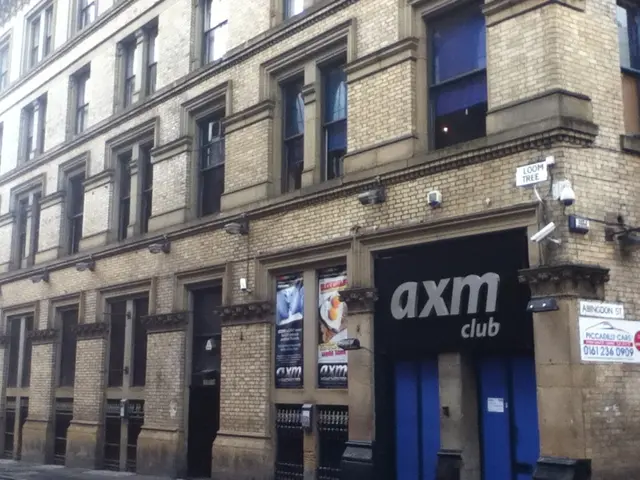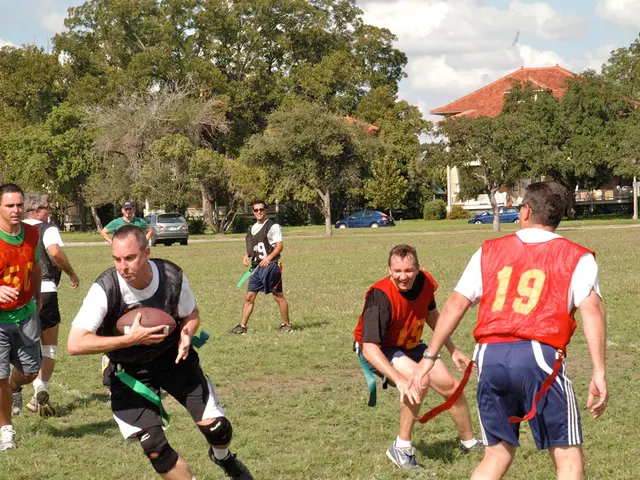A fresh wave of drone attacks hit Moscow, causing subsequent airport shutdowns once more.
Ukrainian Drone Attacks Disrupt Travel in Moscow Ahead of Victory Day
In the days leading up to Russia's Victory Day parade, a major public holiday, a wave of drone attacks targeted Moscow Oblast, causing chaos and disruptions across several airports.
On May 7, Moscow Mayor Sergei Sobyanin reported that Russian air defense forces intercepted several Ukrainian drones approaching the city. He confirmed that at least seven drones were shot down over the course of the evening. These claims, however, could not be independently verified.
Earlier in the day, Ukrainian drones reportedly targeted the Bazalt plant in Krasnoarmeysk and the Splav plant in Tula, causing alarm across Moscow Oblast and prompting Russian authorities to enact "Plan Cover," a security protocol that includes grounding civilian air traffic.
As a result, airports across Moscow and the surrounding oblast temporarily shut down, stranding thousands of passengers and forcing airlines to cancel or reroute hundreds of flights. The disruptions continued for three consecutive days, affecting at least 350 flights and over 60,000 passengers. Some travelers were left stranded on planes for several hours.
The attacks come at a time of tight security in the run-up to the May 9 Victory Day parade, a key Kremlin propaganda event that showcases the Russian military's power and invokes Soviet World War II victories to justify aggression against Ukraine.
The latest wave of drone attacks prompted renewed temporary airport closures across the region, with flight operations suspended from 7:15 p.m. local time at Domodedovo Airport, the biggest one in Moscow, as well as at Zhukovsky, and Kaluga airports, whose operations were suspended earlier.
The repeated drone strikes on Moscow Oblast have caused significant travel chaos and further isolated Russia internationally.
Impact
- Flight Disruptions: Flights at several major Moscow airports have been delayed, diverted, or cancelled for three consecutive days, affecting at least 350 flights and over 60,000 passengers. Some travelers have been left stranded on planes for several hours.
- Airport Closures: Multiple airports in the Moscow region have been temporarily closed, compounding the chaos and travel delays.
- International Impact: Foreign dignitaries, including Serbian President Aleksandar Vučić, have had flights diverted due to the "active hostilities" in Russian airspace. Vučić’s plane was rerouted to Baku, Azerbaijan.
Response
- Russian Air Defenses: Russia reported downing several Ukrainian drones approaching the capital and surrounding regions, describing these actions as necessary to mitigate threats ahead of Victory Day celebrations.
- Ceasefire Announcement: The Kremlin spokesperson announced a unilateral Russian ceasefire from midnight to midnight between May 8 and 11, coinciding with Victory Day events.
- Ukrainian Stance: President Zelenskyy dismissed the ceasefire as a "theatrical performance" aimed at reducing Russia's international isolation around Victory Day. He reiterated Ukraine's inability to guarantee the safety of foreign officials attending events in Russia due to the ongoing conflict.
- Russian Counterattacks: In parallel, Russia launched a large-scale missile and drone attack on Kyiv, underscoring the reciprocal nature of aerial bombardments between the two nations.
Current Status
As of May 7, 2025, disruptions at Moscow airports persist for a third consecutive day, with continuing delays and diversions expected in the lead-up to and possibly during Victory Day celebrations. Enhanced security and defensive operations remain in place, with ongoing drone activity and temporary airspace closures likely to continue throughout the holiday period. The attacks have further isolated Russia internationally and disrupted travel for both domestic and foreign officials and citizens during a high-profile national event.
- The drone attacks in Moscow Oblast led to delays, diversions, and cancellations of flights for three consecutive days.
- Over 60,000 passengers have been affected by the flight disruptions.
- Some passengers were stranded on planes for several hours due to the disruptions.
- Multiple airports in the Moscow region temporarily shut down due to the drone attacks.
- Foreign dignitaries had their flights diverted due to the "active hostilities" in Russian airspace.
- Sergei Sobyanin, the Moscow Mayor, reported the interception of Ukrainian drones approaching the city.
- At least seven drones were shot down over Moscow Oblast according to the Mayor's report.
- The Bazalt plant in Krasnoarmeysk and the Splav plant in Tula were reportedly targeted by Ukrainian drones.
- The drone attacks prompted Russian authorities to enact "Plan Cover," a security protocol that includes grounding civilian air traffic.
- The attacks came at a time when security was tight in the run-up to the Victory Day parade, a key Kremlin propaganda event.
- The renewed temporary airport closures caused significant travel chaos and further isolated Russia internationally.
- The Kremlin spokesperson announced a unilateral Russian ceasefire from midnight to midnight between May 8 and 11.
- President Zelenskyy dismissed the ceasefire as a "theatrical performance" aimed at reducing Russia's international isolation around Victory Day.
- In parallel, Russia launched a large-scale missile and drone attack on Kyiv.
- The latest wave of drone attacks has underscored the reciprocal nature of aerial bombardments between the two nations.
- Enhanced security and defensive operations remain in place, with ongoing drone activity and temporary airspace closures likely to continue throughout the holiday period.
- As of May 7, 2025, disruptions at Moscow airports persist, and continuing delays and diversions are expected during Victory Day celebrations.
- The attacks have disrupted travel for both domestic and foreign officials and citizens during a high-profile national event, further straining diplomatic relations between Russia and Ukraine.
